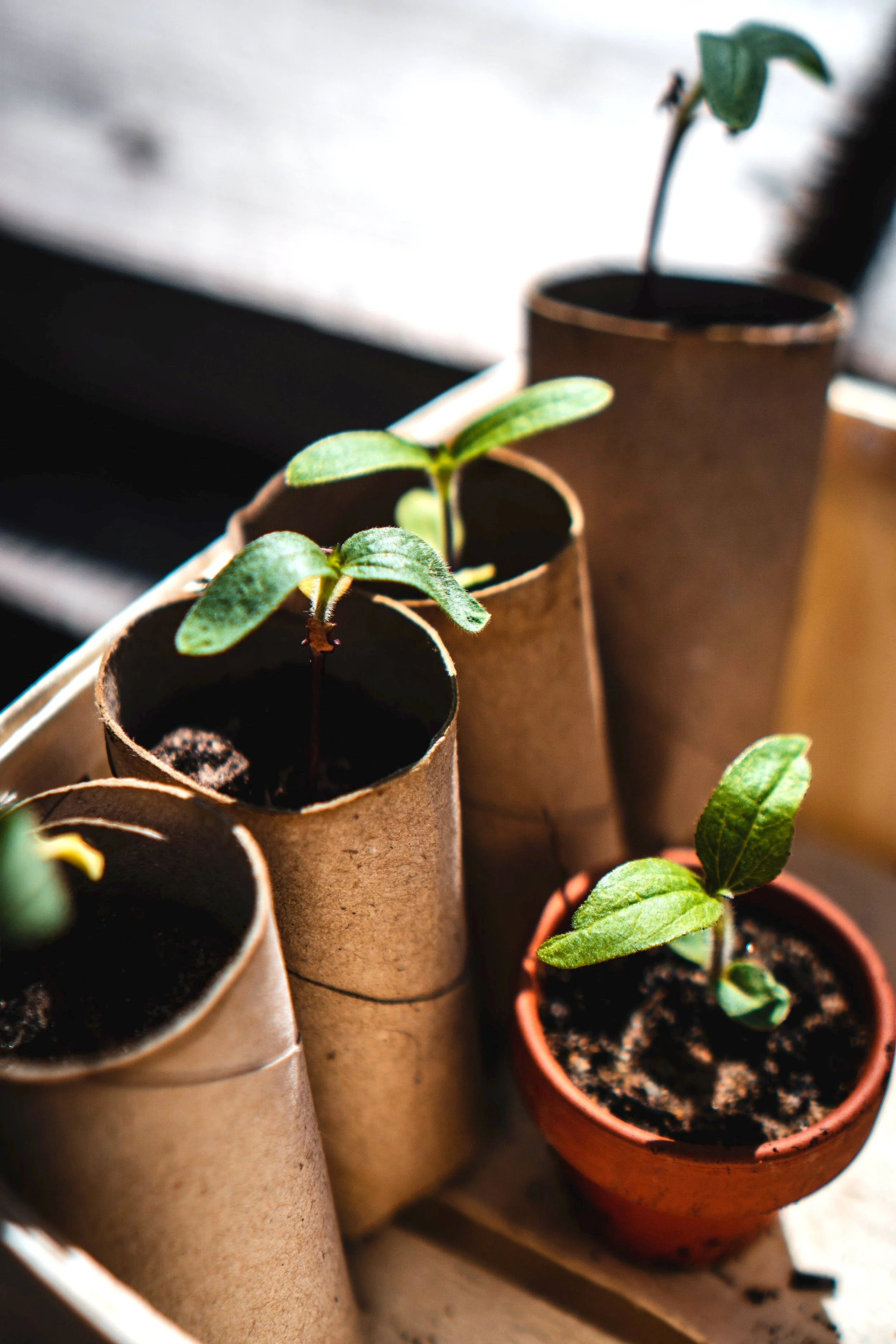OR focusing on the quality instead of the quantity
💡 EXPLAining THE PERMACULTURE PRINCIPLE
Nature calls us to value small-scale actions.
"In nature, the design of a cell shows us that their functions are best when the cells are at their smallest possible exploitable size (...). Excessive growth of cells is generally impossible, but sometimes they divide uncontrollably; this is often the sign (...) of cancer."
- D. Holmgren, Permaculture
This permaculture principle is in contrast to the search for growth at all costs and the commonly available standard solutions, increasingly valued by our western society.
As for the need to take one's time, my teacher in collective intelligence reminds us
"There is no point in pulling on carrots to make them grow faster".
- Everything goes round and round on this earth, we are the only ones who don't know it.
🔍 ILLUSTRATing THE permaculture PRINCIPLE APPLIED TO A MISSION OF TRANSFORMATION
Those who know me know that patience is a challenge for me. This is especially difficult when I have a lot of ideas in my head and the weight of social and climate emergency on my conscience.
When I started working on sustainability issues in my company, I was alone and had to deal with a scope of activity for more than 15,000 employees and over 200 operational sites.
I was under pressure to make sure that these issues were really integrated into the heart of the business. I wanted to act on all levels, with everyone, right away.
My CEO said this very simple sentence to me when he hired me: "We have to change and I want quality more than quantity."
Simple and yet not obvious. How could we avoid falling into the trap of cosmetic changes? How could we produce both quality and impact?
The focus was then placed on the key needs of the people in the field, the ‘why’ behind each action. The priority was to work with willing and committed partners.
In doing so, I was fortunate to test and adapt each solution to meet social, environmental, local challenges with cooperation from operational experts at all levels. The success of an initiative, despite its challenges, encouraged others to try developing practical and sustainable initiatives on their own, which contribute to a better world.
So yes, it was difficult to choose what to focus on, to find the right partner for the right pilot, to calm impatience and the fear of making errors. But it was worth it.
Together, we developed hundreds of operational, business, HR, and technical sustainable initiatives. Together, we planted various seeds of innovation, resulting in a beautiful, fertile and flourishing garden.
This motto has followed me through my 12 years of sustainable transformational assignments. I have come to understand that quality (and cooperation) strengthens the impact of solutions and their diverse, fluid, and trailblazing spin-offs.
🐝 TIPS TO GET MOVING
To multiply your impact in a sustainable way, refocus on the progressive and organic growth of your missions and projects.
Here are some questions to help you reinforce the power of the changes you make:
In my mission, am I in a:
‘quantity and speed’ mode?
‘quality and patience’ mode?
If I am in a ‘quantity and speed’ mode and want to try another strategy, then:
What fertile, qualitative project(s) can I reinforce?
Which project(s) can I stop, at least postpone or delegate?
What seed(s) can I sow deliberately and gradually, on a small scale?
“We must dare to imagine and trust that others, in other places, are also working on better local solutions, differently from ours, and that the integration of all our solutions is probably stronger than a single remedy to be spread over the entire planet”
IF YOU FOUND THIS POST INSIGHTFUL, PLEASE LIKE IT AND SHARE IT WITH YOUR NETWORK MEMBERS WHO MIGHT BENEFIT FROM IT.
IT'S THE BEST WAY TO SUPPORT ME.
As a reminder, I am creating a series on the the parallel between the 12 operational principles of permaculture and conditions for sustainable transformations of organizational systems. Here is the 1st post, the 2nd one, the 3rd one, the 4th one, the 5th one and the 6th one. Today we address the 6th principle. If you are a professional changemaker, committed to promoting a better society, these principles and insights should help you maximize your impact and inner serenity.
Hello Changemakers!
I am Nina, an impact maker coach, specializing in leadership and sustainable transformation.
I have spent the past 10 years leading sustainable change in a Fortune 500 organization in a multicultural environment. What I like to do through my activities is to inspire organizations professionals to rethink the business and make them proud to contribute, in their own way, to a more sustainable, human, and nature-friendly world.
If you wish to be supported to progress on your journey with multiplied impact and ease, contact me!

